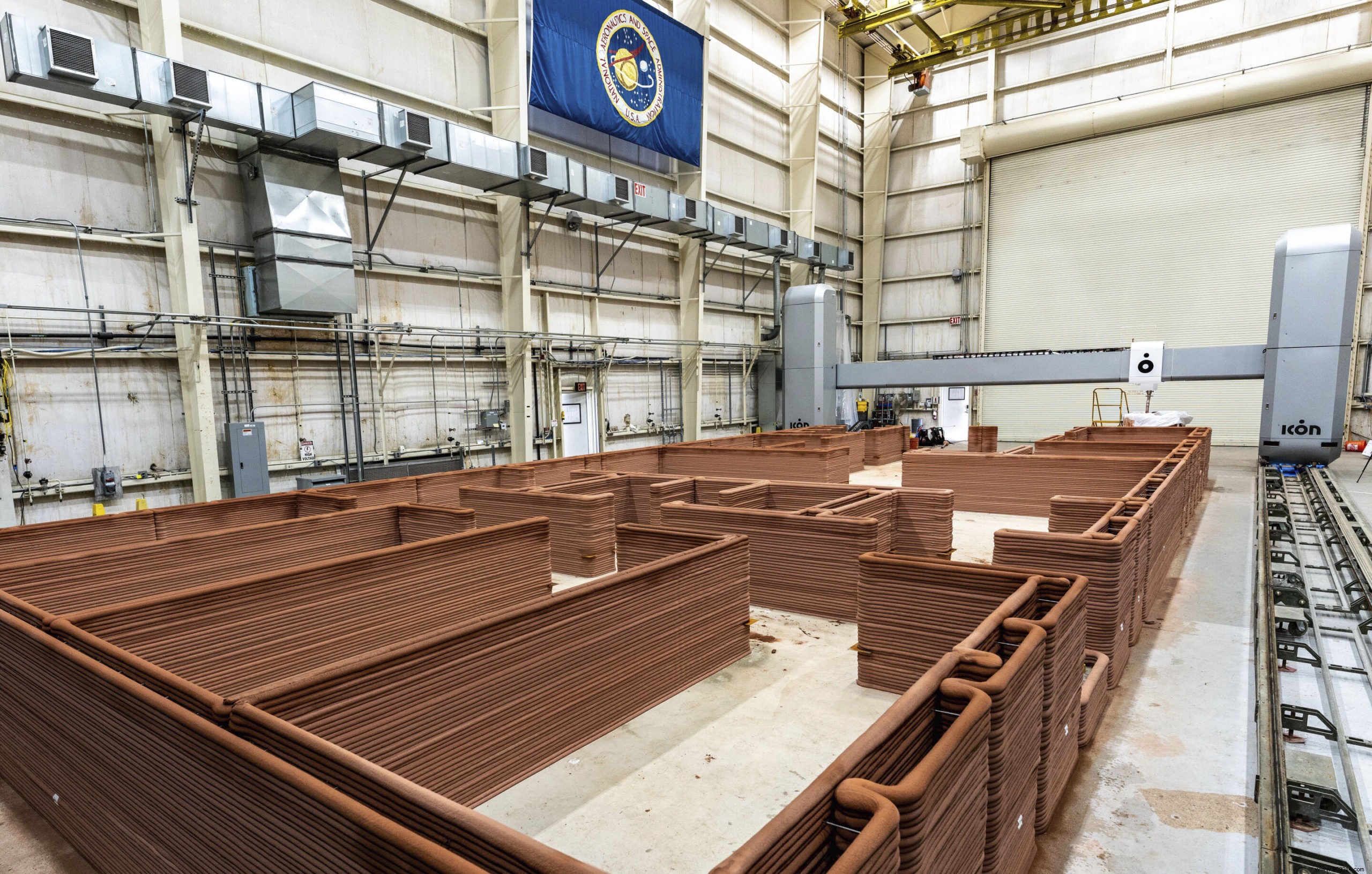Four people will soon be recruited by NASA to live in the Mars Dune Alpha for a year with the goal of preparing for long-duration missions to the red planet. Applications are already open.
The Mars Dune Alpha is a 3D-printed approximately 520 square meter Mars habitat inside a building at NASA's Johnson Space Center, Houston. Over the next few years, the American agency is planning three missions during which four people will have to live together in this environment for a year as part of a simulated Mars exploration mission.
The first will start in fall 2022 and the application process has already begun. Naturally, NASA is looking for very specific profiles. A master's degree in engineering or mathematics or pilot experience are among the requirements. Also, only US citizens or permanent residents of the United States are eligible. Finally, candidates must be between 30 and 55 years old, in good physical health, without dietary problems and not prone to motion sickness.
In short, NASA is looking for quasi-astronauts. "And that's a good thing “, underlines the former Canadian astronaut Chris Hadfield, known in particular for his cover of “Space Oddity” of David Bowie on board the ISS. “A Russian-developed simulated Mars mission dubbed Mars 500 didn’t end well in part because the participants looked too much like regular people “.

The goal of this new mission will be to "understand how humans behave with each other “, said Grace Douglas, the scientist in charge of the project.
NASA aims to set foot on Mars in the 2030s. In addition to the technical and health challenges to overcome, the psychological issues , less mentioned, must also be considered. And for good reason, a mission to Mars is long, if only the trip, which takes between six and eight months. In addition, the astronauts will then have to deal with constant communication delays of up to twenty minutes in each direction. And we know that the simple fact of feeling isolated can have disastrous consequences on the psyche of our incredibly social species.
In an effort to foster the cohesion of these future crews, NASA is also working with Jeffrey Johnson, an anthropologist at the University of Florida. The idea is to assess the need to integrate into future crews several people with a more informal role. Then imagine "mediators" able to bring teams together in stressful situations.
“When you live with other people in a confined space for a long time, spirits are likely to crumble. It is therefore essential that you have someone who can help everyone get along so that they can do their job, and come and go safely security “, explained a few months ago Jeffrey Johnson. "This is mission critical “.